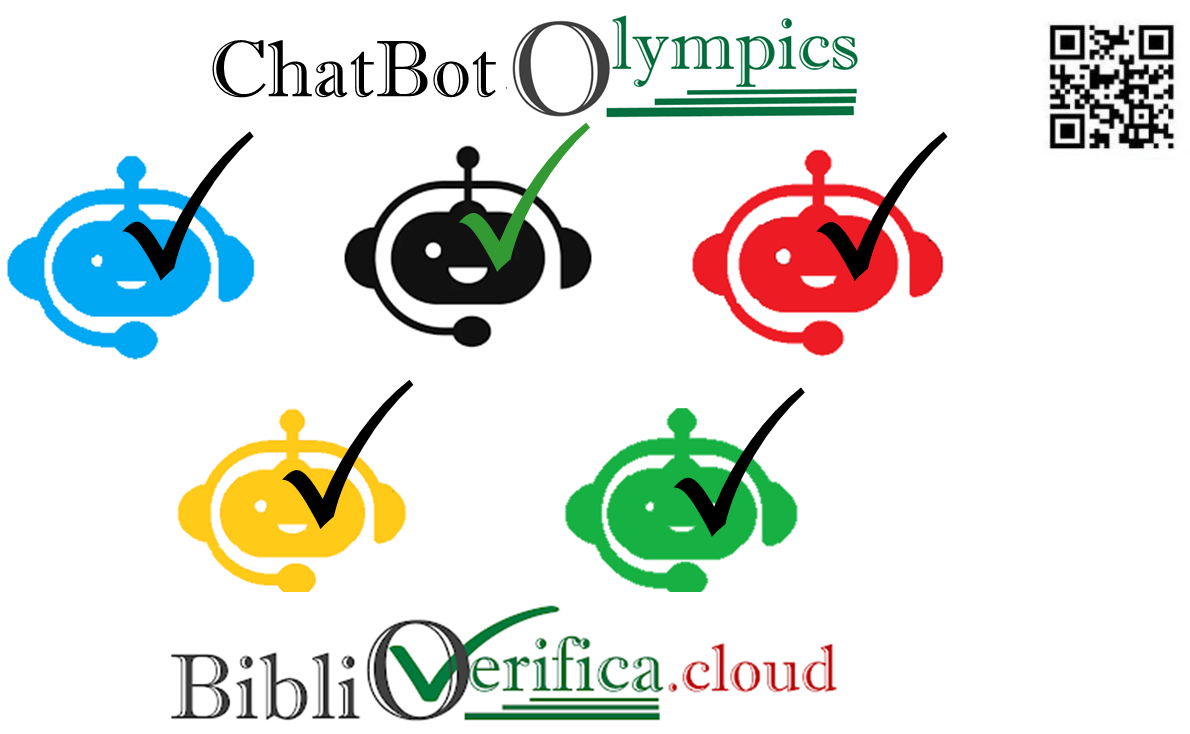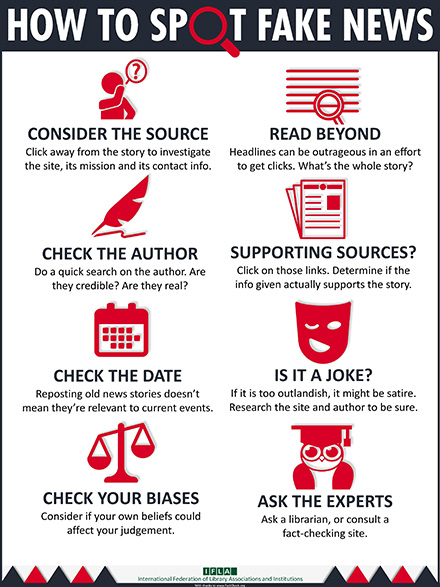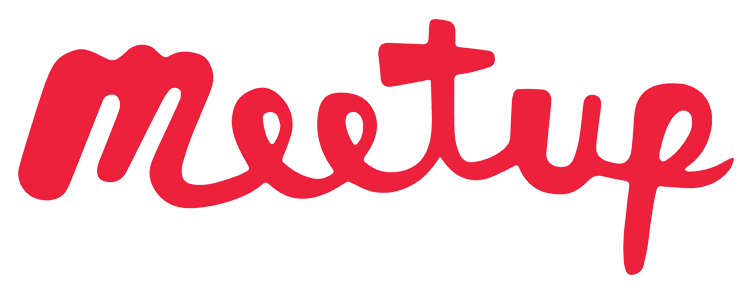
[ays_quiz id=”4″]
Our editorial staff, librarians and archivists, offers digital reference [for free and on demand] and strategies supporting verification of data and facts through open access resources (journals, books, data).
Citizen Engagement
is an ongoing conversation with citizens, centering the specific fact or question, supporting searches in their social media. The blog purpose to consistently offer tools and sources for fact checking in places at points in time that are relevant to the citizen, based on open science for data, books, articles, education resources freely usable for desired knowledge.
[contact-form-7 id=”125″ title=”question”]
The #CrowdSearcher blog does not belong to any institution or association, contributions (certified sources, research strategies, assessment tools) are freely and voluntarily disclosed by archivists and librarians who adhere to and apply the poster @IFLA against fake news.
“Librarians are very proud to be the people who are located at the intersection of knowledge and questions that people have,” says Harger . “What we have behind us is the knowledge of all mankind, yet we have not used in a way we have changed our actions.”
Fake news EN_fin from European Parliament on Vimeo.

info: blogs.ifla.org
Crowdsearcher??
….is a blog
…is a space social interaction between citizens and BIBLIOVOLONTARI, but above all,
…is a practice of research data and information, applying the instructions of the Manifesto “How to Spot Fake News”disclosed by’ (IFLA international Federation of Library Associations and Institutions) , to facilitate access to information manager: sharing of verification strategies, search tools and reliable sources at national and international level , based on the principles of accuracy, traceability, independence, legality, impartiality







 @crowdsearcher
@crowdsearcher @biblioVerifica
@biblioVerifica